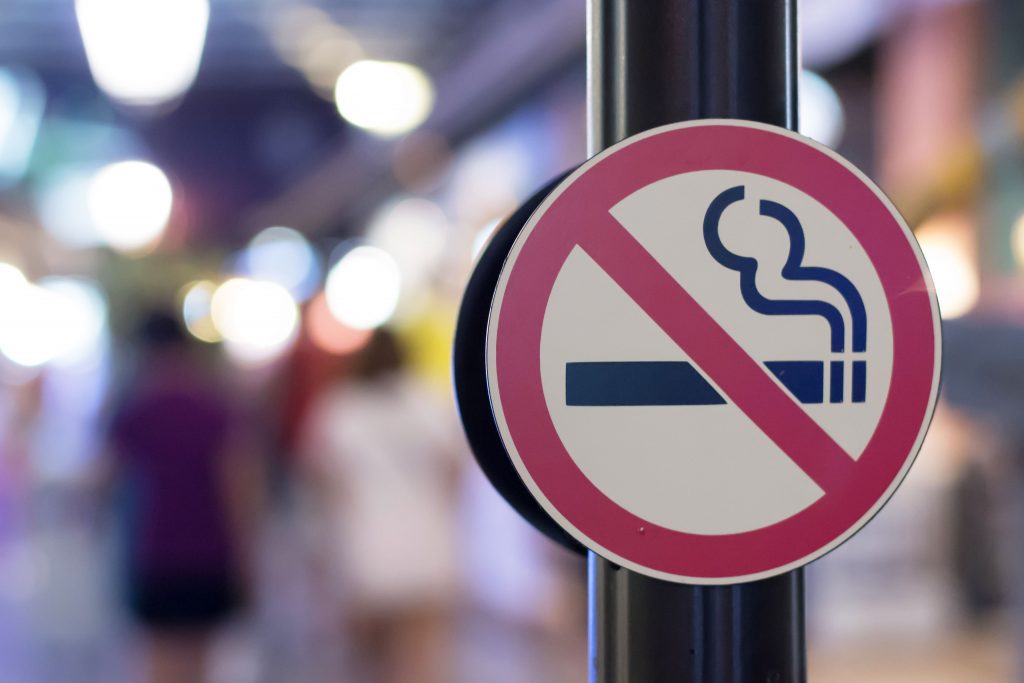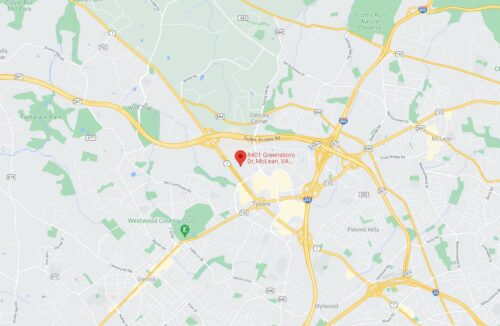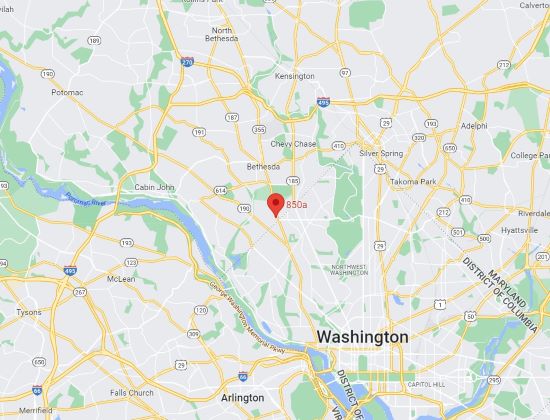Photorefrative keratectomy, or PRK, is an advanced vision correction procedure that makes it possible for many people with common vision problems, such as nearsightedness, farsightedness, and astigmatism, to enjoy clearer eyesight without the need for glasses or contact lenses.
PRK improves vision by correcting the shape of the cornea through a minor surgical procedure in which the outer layer of the cornea is removed and the inner layer is reshaped. After PRK, care must be taken to allow the eyes to heal properly. One habit that significantly impacts recovery from PRK is smoking.
Here, we take a closer at how smoking interferes with PRK recovery and what can be done to reduce the risks associated with PRK and smoking. For more tips, contact Washington, DC eye surgeon Andrew E. Holzman.
Smoking Can Interfere with Healing
Smoking impacts the body in many negative ways, including increasing the risk of heart and lung disease. Many patients are surprised to learn that it can also interfere with the healing process.
Smoking causes the blood vessels to constrict. This reduces blood flow and oxygen delivery to the cells, which in turn makes it difficult for the cells to repair themselves and for the body to heal. Smoking also weakens the immune system, leaving the body vulnerable to infection, especially when healing times are slowed.
Smoking and the Risk of Complications after PRK
Because smoking makes it difficult for the body to heal, patients who smoke before and after PRK surgery are at greater risk of developing complications.
One of the biggest complications smokers face is eye infection. Although infection after PRK is rare, it is more likely to develop in those who smoke due to the fact that smoking slows recovery, inhibits healing, and suppresses the immune system. If infection develops, it can cause severe discomfort and permanently impact vision. Another potential but rare complication of PRK is corneal haze formation. We use special medications during and after surgery to avoid this problem and we are usually successful in preventing haze. Studies however have shown that patients who smoke during the healing stages appear to be at greater risk for developing corneal haze. Once this occurs it usually can be treated, however it may also lead to significant vision issues if it is severe.
Smoking and Eye Irritation after PRK
In addition to increasing the risk of complications after PRK, smoking can cause eye irritation during recovery. Cigarette smoke itself can irritate the eyes, which are more sensitive as they heal from PRK, potentially causing the eyes to itch, become red, or burn.
Smoking also impacts tear production, which causes many smokers to suffer from dry eyes. Dry eye is also a common temporary side effect of PRK, the effects of which can be made worse in smokers who already have problems with dry eyes.
Stop Smoking to Ensure a Healthy Recovery
Patients who smoke should be prepared to stop smoking several weeks before undergoing PRK surgery as well as several weeks after surgery to help reduce the risk of complications and other issues associated with smoking.
Quitting smoking several weeks, or more, before undergoing surgery, can help prepare the body for recovery, allowing constricted blood vessels time to dilate and the immune system time to normalize. This helps reduce the risk of infection and encourages quicker healing.
Smoking should not be resumed until the eyes are sufficiently healed, which can take several weeks. In fact, many patients find undergoing PRK is a good time to give up smoking for good.
Find out More about PRK
For more information about PRK and how it can help you see without the need for corrective lenses, please contact our staff to schedule a consultation.




